The problem in today’s society is that the information spread on social media and outside in between the community it’s way too much. People usually have heard way too many things but they know way too little about the facts behind the science.
When somebody starts his fat loss journey without having any experience he has no choice but to search for information on his own or ask a professional. What people usually do is that they assume they know enough. they believe they’re strong and able to do more than the average person so the first decision they make is to do more and better than everyone else.
They decide to workout twice as hard, eat twice cleaner and by outworking others to guarantee success in their fat loss journey.
Unfortunately, this method in most cases will lead to failure. It can potentially lead to eating disorders, injuries, yo-yo effects, plateaus and many other problems caused by overtraining, lack of nutrients, bad relationship with food, bad load management, etc.
The only principles you have to follow if you want to lose fat sustainably are:
- Get Enough good quality sleep every night.
- Maintain calorie deficit for a long enough time.
- Stay hydrated all the time.
- Maintain nutrient positivity when reducing food quantity.
- Develop a mealtime schedule and stick to it.
- Perform the right physical activities on regular basis.
- Learn to habitually manage your stress levels.
Why Is Sleep Important For Fat Loss And How To Optimise It?
I’ll give you some of the facts here but keep in mind that we’re still far from understanding sleep completely and the more we study the more important sleep seems to be.

Consequences of Sleep Depravation
- Increasing appetite because of the impact of two hormones Ghrelin and Leptin.
Ghrelin is a hormone released in the stomach that signals hunger. The levels of ghrelin before eating are usually high and low after eating.
Leptin is released from fat cells and suppresses hunger by signalling fullness in the brain.
Without adequate sleep, the body produces more ghrelin and less leptin, leaving you hungry and increasing your appetite.
A study of over a thousand participants found that those who slept for short durations had 14.9% higher Ghrelin and 15.5% lower Leptin levels. The short sleepers also had a higher BMI (Body Mass Index). - Lack of sleep increases the hormone Cortisol in your blood which can be responsible for storing fat as well as many other side effects because it goes out of balance.
- Sleep helps prevent insulin resistance.
The hormone Insulin is responsible for moving sugar from your bloodstream to your cells so it can be used as fuel. When the insulin resistance increases there is more sugar floating in our blood and we produce extra insulin to help move it out.
That not only is a precursor for both type 2 diabetes and weight gain but also makes you hungrier and tells your body to store more energy as fat.
In one study 11 men in a lab were allowed only 4 hours of sleep for six nights and as result, the ability of their bodies to lower blood sugar levels decreased by 40%. - Overweight people often suffer from sleep apnea which is periods of sleep where they can’t breathe properly and the oxygen delivered to the body is too less which makes them even less restful when they wake up.
- Your willpower to resist cravings decreases. It is proven that lack of sleep reduces our ability to resist foods as well as make the right choice in many other rational decisions.
- With the lack of sleep, our performance in sports, as well as our energy levels during the day, drop dramatically. That could easily lead to a reduced activity which leads to reduced daily calorie needs.
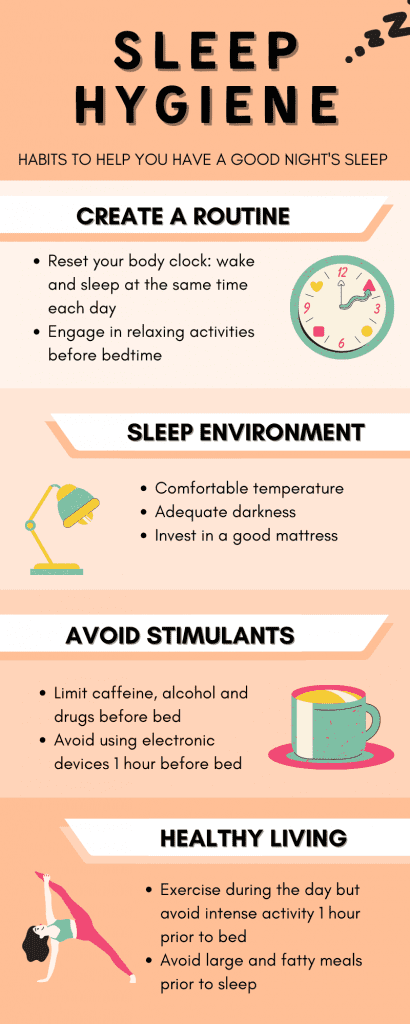
12 Tips To Optimise Your Sleep For Fat Loss And Optimal Health
- Improve your sleep hygiene.
– This means to Stop all screens and devices producing blue light 30 to 60 minutes before bed.
– Calm down before you go to bed by reading a book or meditating, or anything of that kind to help you relax.
– Be consistent with your wake up and going to bed times every day.
– Wake up with the first alarm and get up from your bed immediately.
– Make sure the temperature in the room is perfect so you don’t sweat or feel cold during your sleep.
– Invest in a good quality pillow and matrice that feel comfortable to your own body.
– Learn to sleep with a good posture allowing your body functions like breathing and blood flow to be performed smoothly with no restrictions.
– Make sure all noises around are silenced and if needed use earplugs which are extremely effective.
– Go to bed hydrated but don’t drink too much water so you don’t wake up in the middle of the night.
– Do not eat big meals just before you go to bed. - Follow your Circadian Rhythm which will produce melatonin and prepare you for bed at aroud 10 pm every night. We all have this internal clock which cannot be changed and I highly advise you to learn more about it.
- Make sure you have an interrupted and long sleep period of around 8 hours in bed. This will ensure that you can get a sufficient amount of sleep in all the different sleep stages which are: Deep Sleep, Light Sleep, REM Sleep and NREM Sleep (Rapid Eye Movement and Non-Rapid Eye Movement)
Combining all these factors it appears that sleep is probably The Most important piece in one’s fat loss journey, sports performance and overall wellbeing. There is much more to talk about sleep and I’ll create another article dedicated only to sleep where I’ll talk about the Circadian Rhythm, sports performance, the effects on your decision making and more.
Read This Book!
If you like to learn many incredibly interesting facts about sleep I highly recommend you listen to or read the book Why We Sleep by Matthew Walker
Maintain Calorie Deficit To Lose Weight
The main principle of fat loss is that you need to consume fewer calories than you use for energy so you can tap into the fat storage and break the fat down to glucose through a process called fat oxidation. Consuming fewer calories than your daily calorie expenditure is called Calorie Deficit.
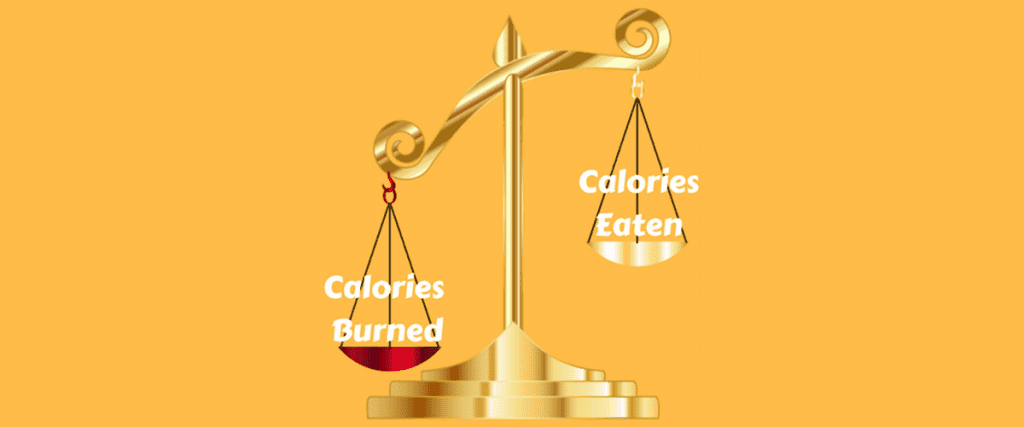
Our bodies are able to prioritise nutrients by importance and luckily the less important macronutrient in our body is the fat. We do need different types of fats in certain quantities but most of us have enough to afford to break it down to glucose and use it as fuel.
For optimal health and well-working metabolism, we should not simply reduce the calories but we should also make sure that we consume a sufficient amount of Micronutrients like the minerals Potassium, Sodium, Calcium and vitamins like B, D, K etc.
I’m saying that because it’s an important point that I want you to understand but when it comes purely to fat loss without concerns about overall performance and health, then calorie deficit is the only thing that matters.
The Twinkie Diet
Mark Haub a professor of nutrition at Kansas State University, demonstrated to his students through a scientific study that he could lose 27 pounds in just 10 weeks by eating a high-sugar, high-fat, low-calorie diet. The study became very famous because it proved that regardless of the food quality we can lose weight as long as we maintain a caloric deficit.
Keep in mind that the professor was supplementing with vitamins and minerals to ensure he doesn’t develop any bad health conditions.
Overall you need to maintain Caloric Deficit and if you want to learn how many calories you should be consuming you can use our Daily Calorie Expenditure Calculator to get a pretty good idea of it.
Also in the Coach PK membership you can learn all about the process including calorie tracking, reading food labels, making smart food choices and more.
Stay Hydrated To Lose More Fat By Maintaining High Metabolism And Burn More Calories

Being dehydrated slows down fat loss end here is how it works.
- Hydration Is Needed For Fat Metabolisation.
In the calorie deficit section, I explained the process of losing fat, we break the fat down to glucose through a process called fat oxidation.
To complete this process and distribute the needed nutrients and waste products to the right places our organs like the Kidneys and Liver need water. By depriving them of a sufficient amount of water they struggle to complete their job and that literally slows down the fat loss process. - Water Is Needed For Hormone Production
We also have glands in our bodies producing hormones like the Human Growth Hormone which by various chemical processes helps us burn fat. Well, the thing is that these glands also need water to produce those hormones so by being dehydrated they struggle too. - Water Is Needed To Maintain Cognitive Ability
Another interesting fact is that we only need to be dehydrated by 2% to cause a 30% decrease in cognitive ability. The higher the percentage of dehydration the lower the cognitive ability is. That directly results in lower calorie expenditure. - Water Is Needed To Transport Nutrients Within Our Bodies
Whether your muscles need extra glucose to endure the workout ahead of you or you have accumulated waste material from the chemical reactions within your cells, your body needs water to make that distribution possible.
There are multiple studies done around hydration and fat loss which support the importance of staying hydrated. One particular study that took 9500 participants who have given urine samples, concluded that dehydrated people have a 1.59 times higher chance of being obese.
Overall the effects of the hydration are pretty massive and I can’t fit all the details in this short article but I hope this is enough for you to make the decision to always stay hydrated.
Actionable Tips To Optimise Hydration
To help your body stay hydrated I highly recommend starting every single day by drinking 1 or 2 glasses of water before you have anything else like your coffee which will dehydrate you. You also need to make sure that you consume enough good quality salts throughout the day to help the water circulation through the systems in your body.
Keep in mind that not all drinks will hydrate you and many do exactly the opposite. It’s best you stick to natural sources and always drink water. Avoid processed drinks that contain chemicals you don’t know anything about.
A reliable indicator of your hydration level is the colour of your urine. You can simply try to maintain the almost transparent and light yellow colour of your urine. If it gets too dark that means you need to drink more water. Keep in mind that early in the mornings and after meals the colour is usually darker because we urinate the waste materials from our metabolic processes.
Eat Nutrient-Rich Foods To Lose Fat And Maintain Optimal Health At The Same Time
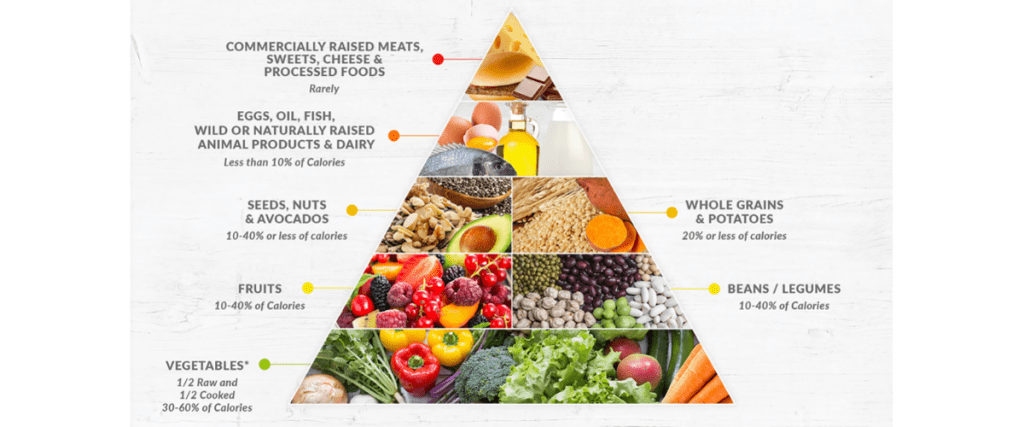
Scientifically as I mentioned above it’s proven that you don’t need nutrient-rich foods to lose fat but I want to emphasize the importance of Micronutrients because most people underestimate them quite a lot.
Any fat loss or weight loss journey should have good and sustainable health as a long term goal. That’s why our focus should always be on the end goal and fat loss should be a secondary goal or a small goal.
If your ultimate goal is fat loss and you do anything to achieve it without paying attention to the bigger goal (excellent health and performance) what will happen once you achieve your fat loss goal? In case you really make it you could easily end up with some health complications that require another type of diet or treatment and if you don’t focus on the big goal again you could keep moving in circles over and over again.
By not eating high-quality foods your training performance will also suffer and as a result, you could easily give up training from time to time which will result in fewer calories burned. You might stop training completely which will lead to muscle atrophy and that will lead to a slower metabolism.
There is much more behind the scenes of our complicated bodies and micronutrients are the true building blocks that make everything work perfectly.
Make sure you understand the micronutrients and if you are not sure where to start from I highly recommend joining the Coach PK membership or Contacting me to guide you in the right direction.
This is one of the biggest missing links in the educational system that leads to so many millions or even billions of people not understanding the foods they eat. Do yourself a favour and invest time and resources into your education around foods that will dramatically improve the quality and the length of your and your family’s lives.
You are much more than fats, proteins and carbs. Remember that and never forget it!
Follow Meal Timing Schedule To Lose Fat/ Weight/ Improve Digestion And Relationship With Food
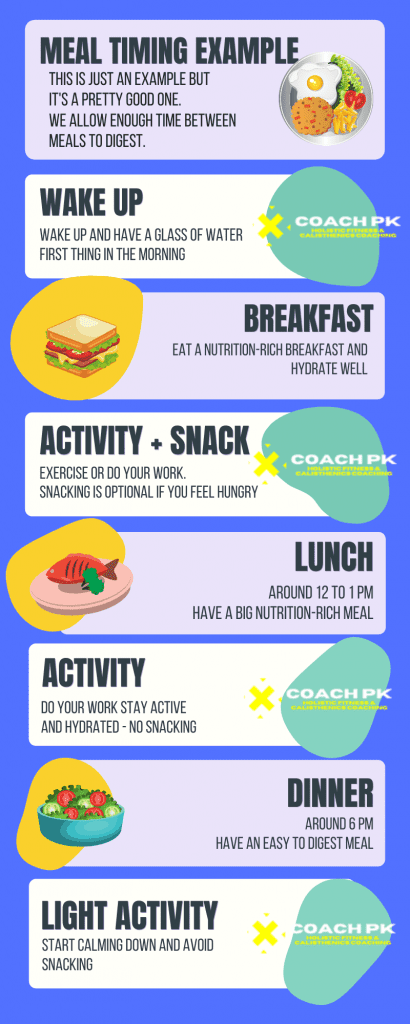
What I’ve found is that when we have a problematic digestive system we struggle to digest the food as fast as we need and that can cause bloating, higher stress levels, constipation and other problems.
Very often I see that when we eat one big meal and then we continuously snack after that meal without giving enough time to our digestive system to do its job we create some sort of interruption in the process. The first sign that I see is a bloated feeling and increased cravings.
The bloated feeling by itself is not going to cause fat retention but it could potentially cause anxiety or dissatisfaction with the way we feel which in many cases leads to irrational and emotional decisions like snacking or eating poor quality foods. This happens especially if we have developed a disordered eating behaviour and we tend to binge or simply eat more just because we want it but not because we need it.
Constipation can also have the same effects as the bloated feeling which indirectly leads to emotions and decisions not support our healthy eating behaviour.
What I often say to my clients who have the tendency to overeat on daily basis is to set limits of calories per meal and also include fasting periods after every meal.
Example Of A Healthy Meal Schedule/ Timing:
- Have 3 main meals per day and 2 snacks.
- Maximum calories per meal: 650kcal.
- Maximum calories per snack: 300kcal.
- Fasting period after a meal: Minimum 3 Hours.
- Fasting period after a snack: Minimum 90 minutes.
- We can also set the final eating hour around 9 pm to help the melatonin released as per our Circadian Rhythm to do its job and help us fall asleep.
Now, this was just an example but you can use it as a reference when creating your own eating schedule.
How Many Times Per Day Should We Eat?
This is entirely up to the individual although I wouldn’t advise anyone who hasn’t got much experience with dieting and nutrition tracking to go to any types of extremes like eating only once or eating too many times per day.
A different number of meals provide different benefits and they can fit different needs and different stages. What’s most important in my opinion is to create a lifestyle and an eating schedule that you can maintain for the rest of your life. It’s gotta be something that you are able to enjoy and live by.
If you find yourself having too many cravings or stressing too much around the whole process, it’s probably best to reconsider what you are doing and make some small changes.
I’ll give you my personal preference as someone with a ton of experience and someone that’s been through a binge eating disorder.
I’m having 3 meals every day and 1 or 2 snacks. I don’t use scales to track my calories but I do it in my mind every time I eat. I’m constantly asking myself if I’m taking enough proteins, fats, carbs, potassium, sodium, vitamins etc.
I’m also constantly observing my digestive system health and I make sure it’s working properly without experiencing any bloating or constipation.
Training For Fast Fat Loss And Sustainable Results

By exercising we give signals to our brain telling us that we need more energy. That’s important because If we simply reduce the daily calorie intake without including any physical activity our metabolism eventually will slow down and we’ll use fewer calories per day.
Our bodies will start operating on a sort of power-saving mode where many functions are being reduced to the minimum so we can sustain our weight with the energy we’ve got available from food.
By exercising we force our bodies to work harder and to recover for which functions we’ll need more calories and if we don’t consume them as I mentioned above we’ll tap into the fat storage. We can also tap into the muscle storage the same way and even into the bones’ calcium storage if needed.
That’s why is very important to include a nutrient positive diet as I mentioned above.
So any physical activity will keep our metabolism high but not all physical activities are equal. We have resistance training, endurance training, simple walking, cardio or any other sports which combine strength balance and skills.
If we only walk or we do cardio we usually become very efficient in these activities over time and we can only burn so many calories with them. There’s nothing wrong with that of course but here are a couple of things you need to take into consideration.
If You Don’t Use It You’ll Lose It
Many sports and activities do not require big muscle size and by not including specific resistance training to help us maintain our muscle mass we’ll lose some because we simply don’t need it. That’s why you’ll see athletes from different sports having different muscle and skeletal proportions in their bodies.
This is important to understand because by losing the muscle we lose a contractile tissue that usually uses energy to function and therefore we lose potential calories burned.
Resistance Training Is The Most Efficient Training For Fat Loss
Resistance training that’s done for the purpose of hypertrophy or strength gains is the most efficient way to burn fat and here is why.
When we exercise in that way we cause damage to our muscles which needs to be repaired and improved afterwards so we can adapt to the new challenges. The process of recovery itself is quite long and it requires calories. We can have elevated calorie needs up to a few days after a hard hypertrophy training session which will help maintain our calorie needs even if we’re on a caloric deficit.
Additionally, we can build muscles prior to our fat loss period in order to burn more calories later on. For every kilogram of muscle, we burn additional 50kcal per 24 hours and that’s in the resting period.
You can try to build muscle whilst you are in a calorie deficit as well by making sure you train for hypertrophy and you follow all other principles of muscle building which I’ll talk about in another article.
Many studies show that the only way to build muscle is by being on a caloric surplus but this topic is still debatable because we keep seeing people who lose fat and gain muscle at the same time.
The proof of this is any smooth transformation journey that makes an individual look lean and muscular by losing a lot of fat but without losing any weight. I’ve done that myself and I am one of the people who believe it is possible to build muscle on a caloric deficit by following some basic principles.
Manage Stress To Lose Fat Faster And Maintain Low Body Fat Percentage
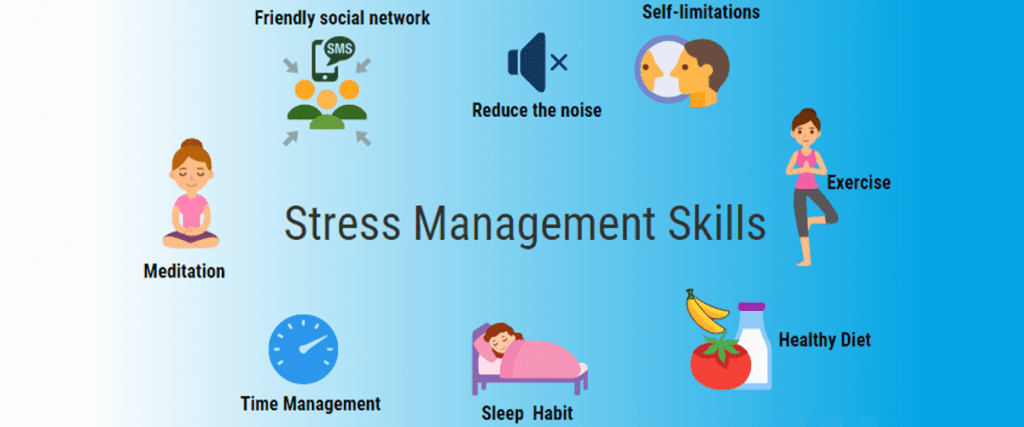
This is a rather complex topic that confuses many people so I’ll bring some scientific facts and some practical steps that you can take to manage your stress levels.
First of all, is important to know that stress can be graded in different levels of intensity but they all trigger the same response regardless of the source of that stress. In other words, the body does not differentiate between different types of stress and the stress from receiving a bank letter has the exact same effect as the stress from being chased by a lion (of course the intensity would be probably dramatically different).
How Cortisol Can Make You Gain Fat?
When the brain recognizes stress it translates it to a hormonal signal that travels to the adrenal gland. There that signal triggers specific cholesterol that’s being converted to cortisol. Cortisol is a good thing that we need but the problem comes from a hormone known as Glucocorticoid which releases sugar into the bloodstream.
So once the body creates cortisol it gives a signal to the body to release sugar in any way possible (from liver or muscle storage). That’s because the purpose of cortisol is to help us release sugar into the bloodstream for energy in the fastest way possible (so we can run and save our lives for example).
The first direct problem is that the high blood sugar will spike up your cravings and that’s also scientifically proven.
To counter the elevated blood sugar level the body will produce insulin. In the short term that might not be a problem but when the stress becomes chronic this can lead to type 2 diabetes which of course will open a whole other world of problems for you.
Just to top up, the stress can cause fat gains in the abdominal area.
Stress Disturbs The Digestive Process And Can Cause Reduced Nutrient Absorption
As I mentioned above it is super important that you eat nutrient-rich foods but stress can reduce your nutrient digestion and cause you to expel nutrients from your body. This is a basic body response to stress caused by the need to focus all the remaining energy on your survival.
The response can be so extreme that if you’re really being chased by a lion your digestion will completely stop.
As I said the stress response is graded and with different levels of stress, your body will respond in a slightly different way.
The bottom line is that you want to be relaxed when eating and digesting food. You can simply meditate, say a prayer or have a short walk before starting to eat. Do whatever it takes to maintain your stress levels low when eating and digesting.
Indirect Consequences Of Stress Over Body Fat Retention
I want to emphasize specifically, the emotional response which can cause a chain of reactions that affects not only your fat loss journey but also your overall health and performance in any area of your life.
Stress is a negative emotion that is destructive on a cellular level through multiple chemical reactions.
It is also a destructive state of mind which can destroy everything on its way. Just for an example, I’ll give you this chain of reactions:
Stress causes Anxiety – Anxiety being suppressed inside (it’s not expressed like positive emotions of joy) will eventually cause Depression – the depression will turn into a Dis-Eased state of mind – The dis-eased state of mind leads to Disintegration.
Everything in this universe including our bodies is constantly moving on an energy level. It is either growing or disintegrating.
You want to make sure that you are constantly growing through being healthy, learning, moving and becoming better in whatever you do.
When we are in the disintegrating state of being that’s bad and it is a self-perpetuating problem because we do things that are against our long term well being, searching for short term satisfaction. We might skip training, we could eat foods that we shouldn’t, and we could turn into behaviours that are not conducive to our goals.
Stress can massively affect sleep and I talked a bit about the importance of good quality sleep above.
We can say that stress is one of your biggest enemies and you have to do everything you can to manage it. Often we can’t control the environment but we can control our response to it.
Instead of simply reacting to your stress it is important that you observe and acknowledge it first which will allow you to respond. The response could be simply changing the language that you use towards yourself and others from negative to positive. You can learn meditation techniques to do throughout the day, you can listen to music or simply do some exercises which will reduce the stress and sugar levels immediately.

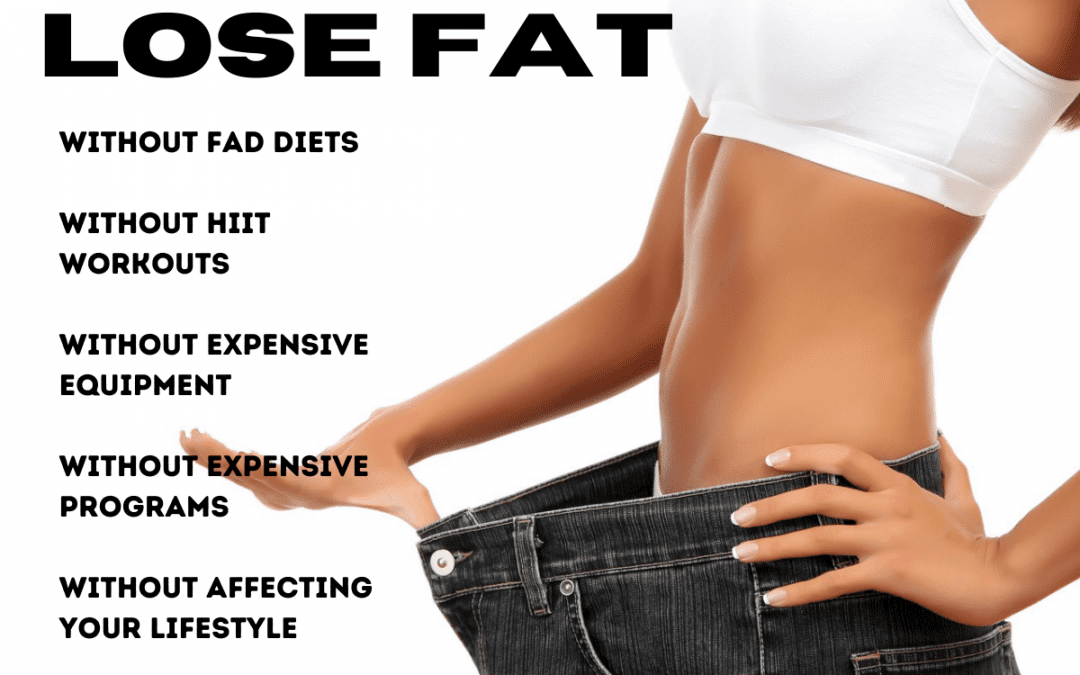
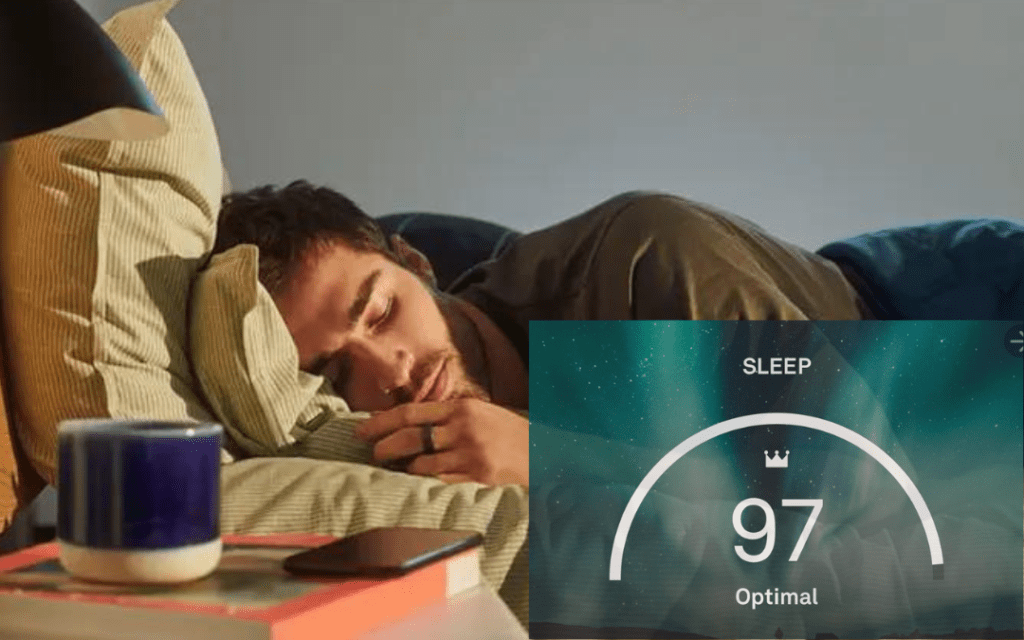
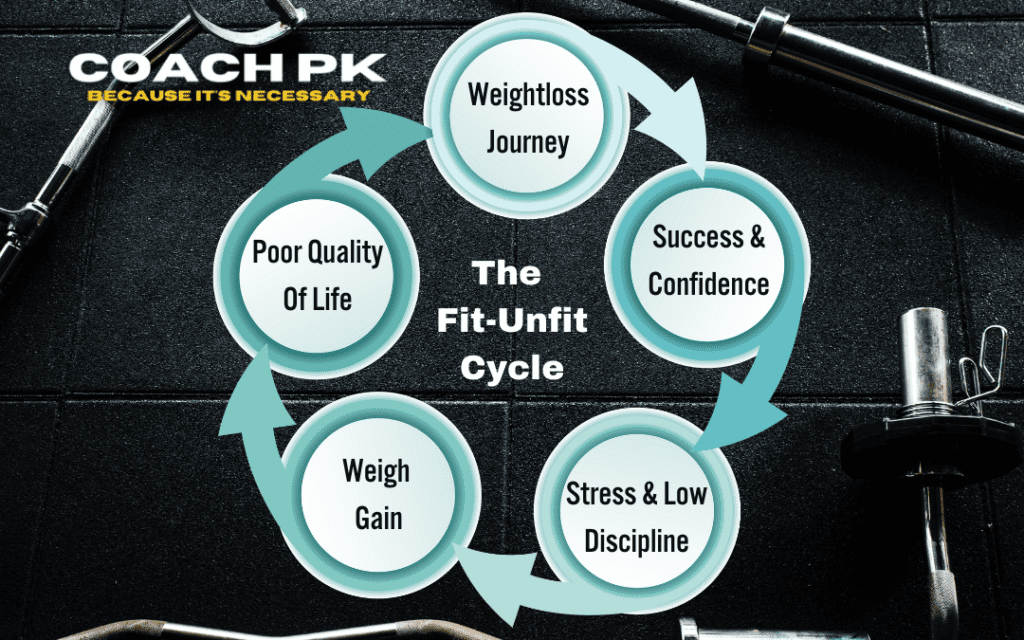
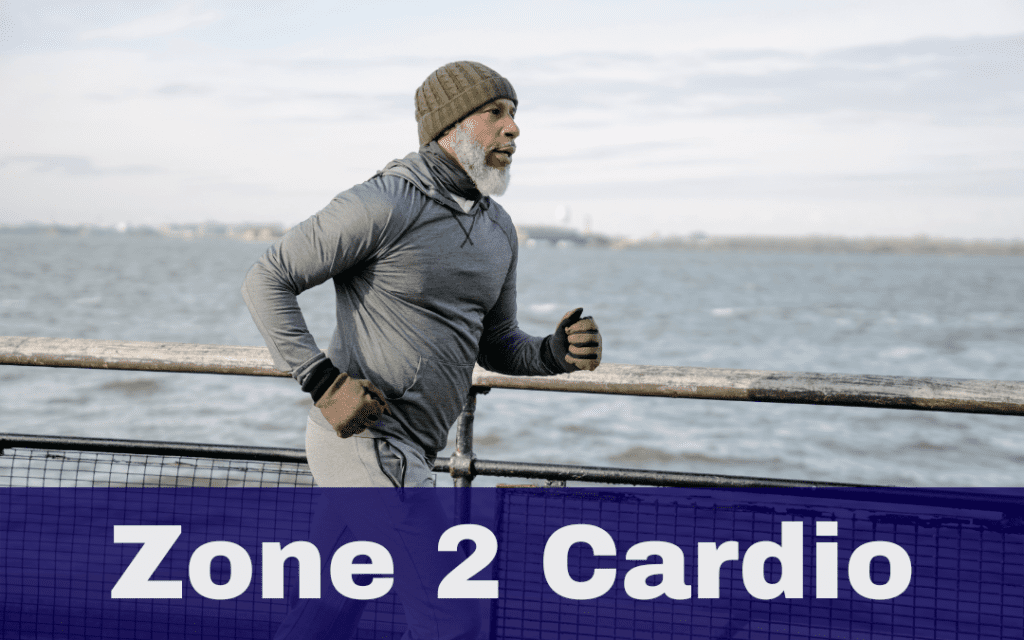

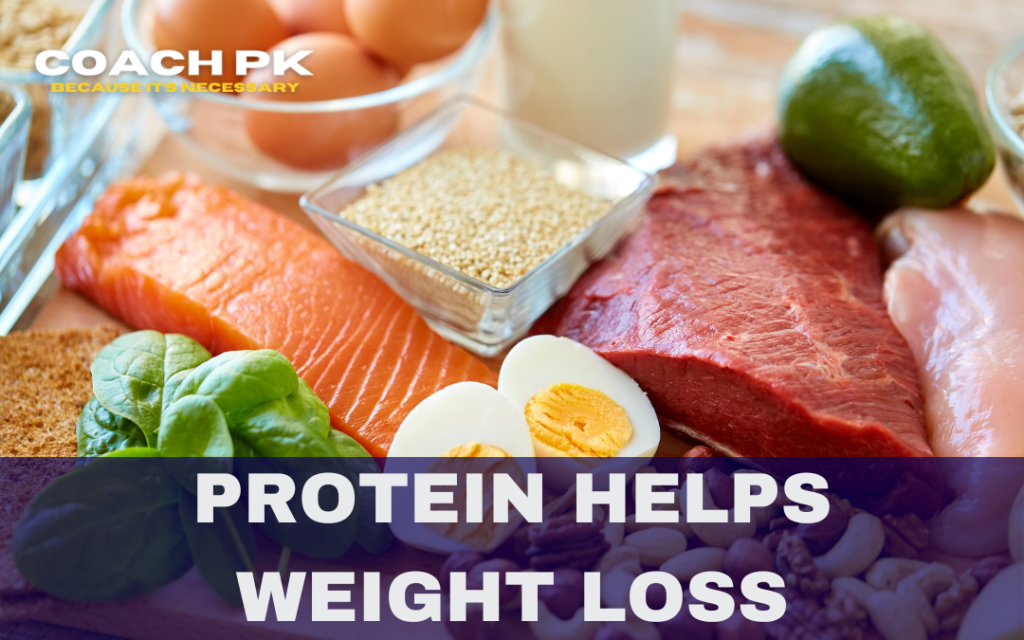
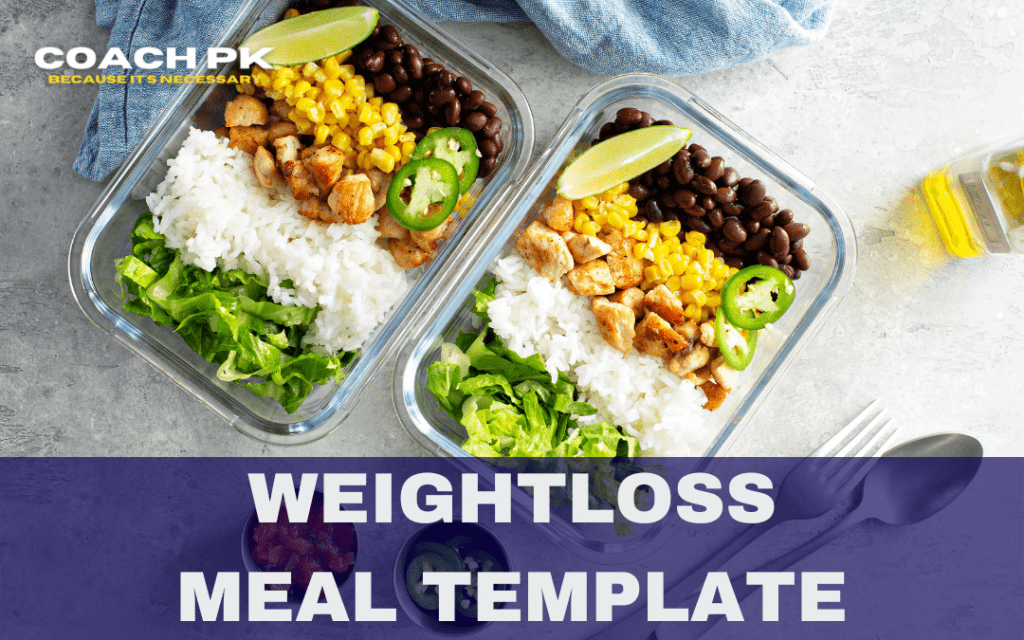
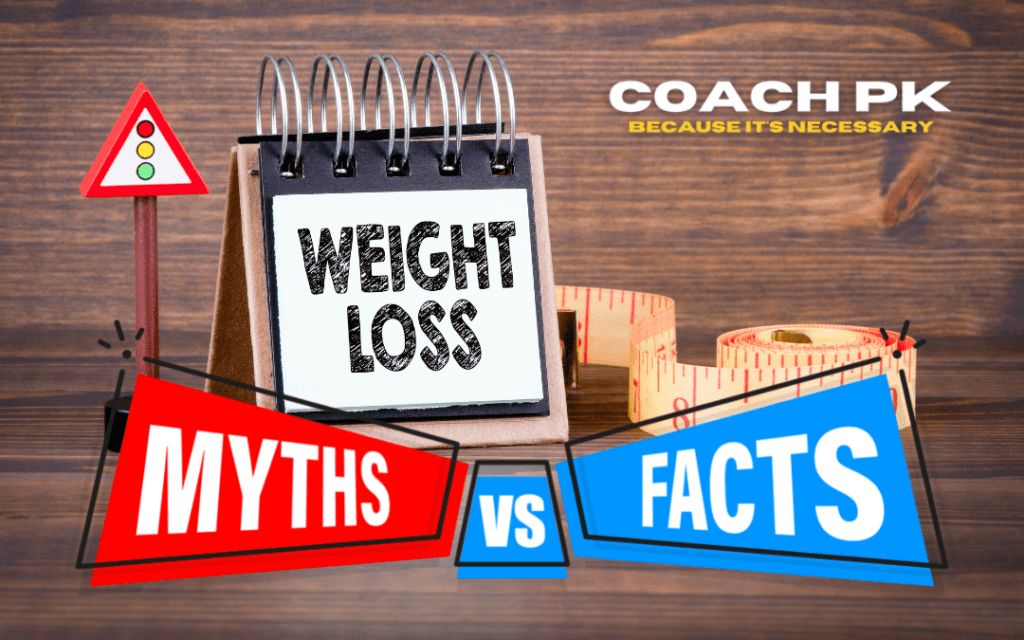

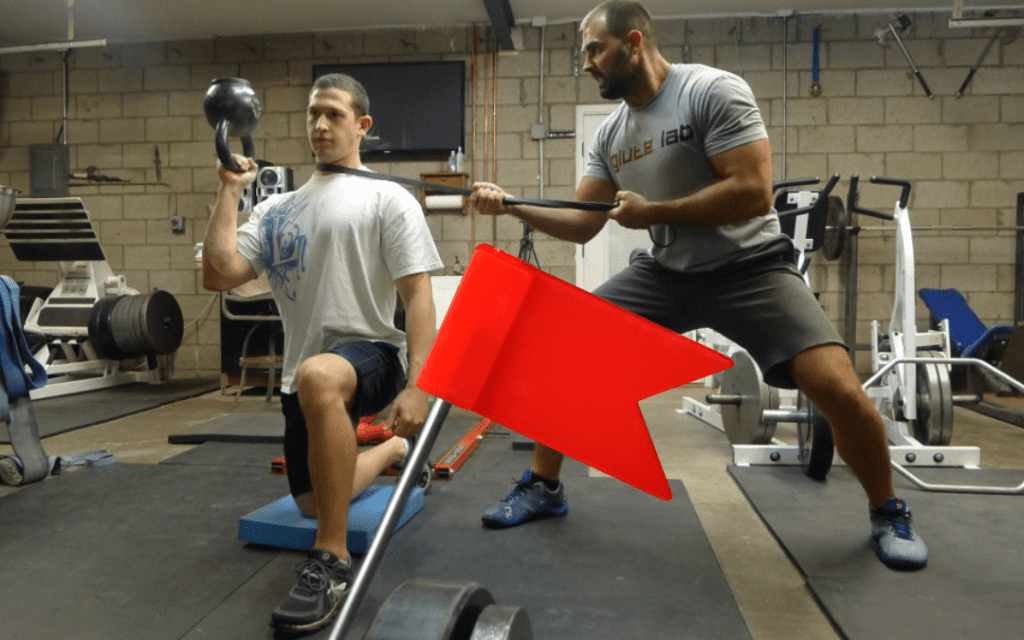
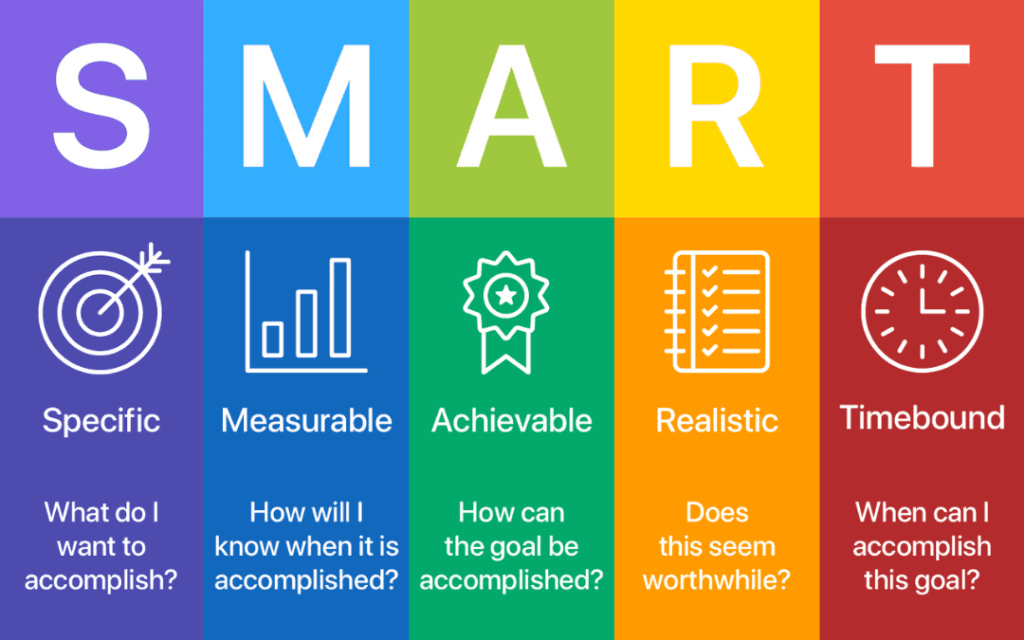
I must thank you for the efforts youve put in penning this site. I am hoping to check out the same high-grade blog posts by you in the future as well. In fact, your creative writing abilities has motivated me to get my very own blog now 😉
Thanks so much!
Very good article. I certainly appreciate this website. Keep writing!
I really enjoy this theme youve got going on on your site. What is the name of the design by the way? I was thinking of using this style for the website I am going to construct for my class room project.
It’s custom made with Divi builder.